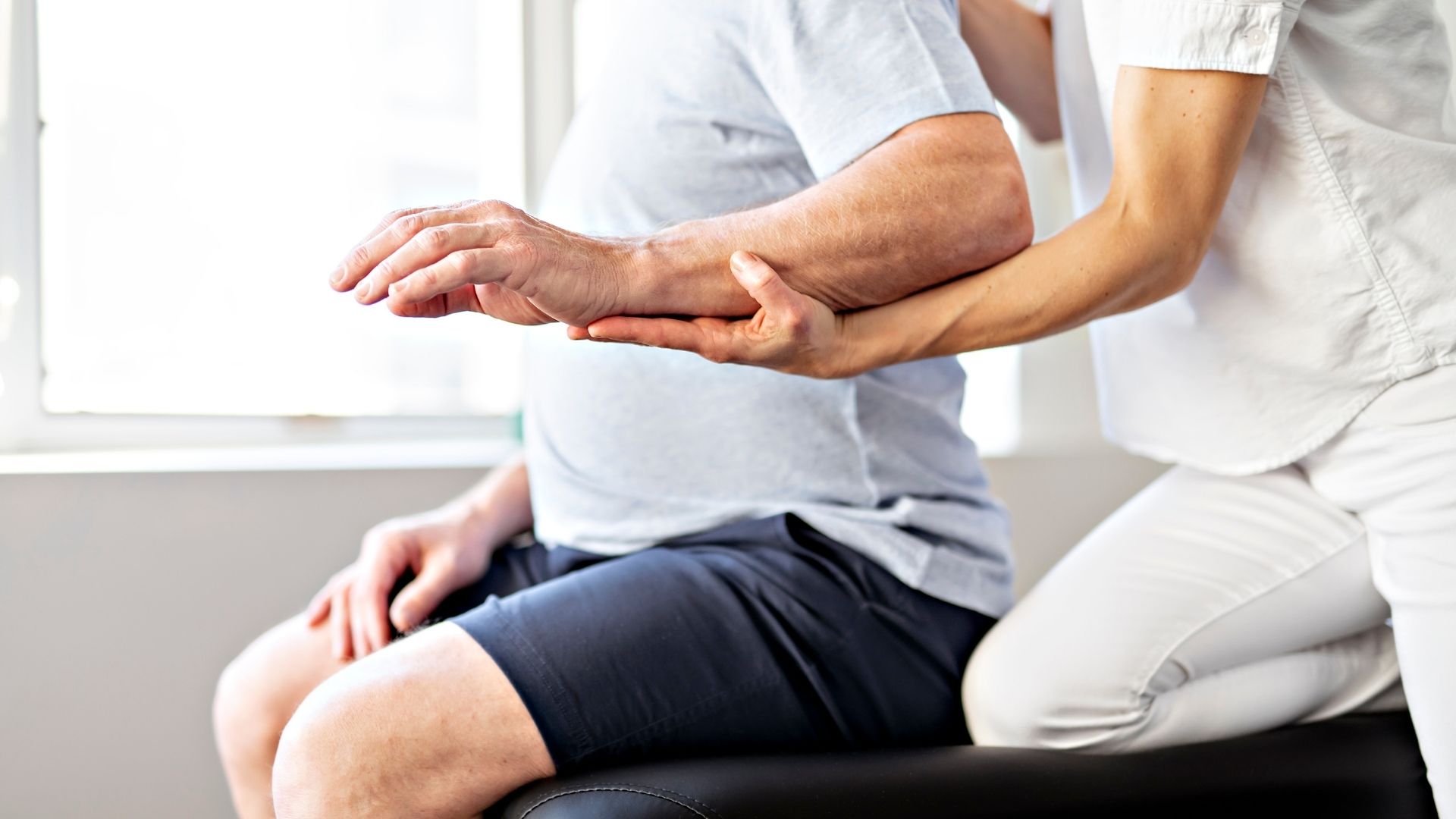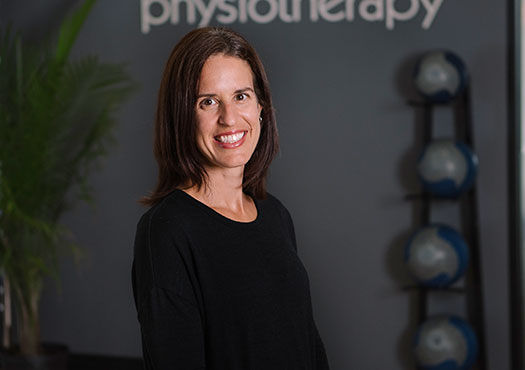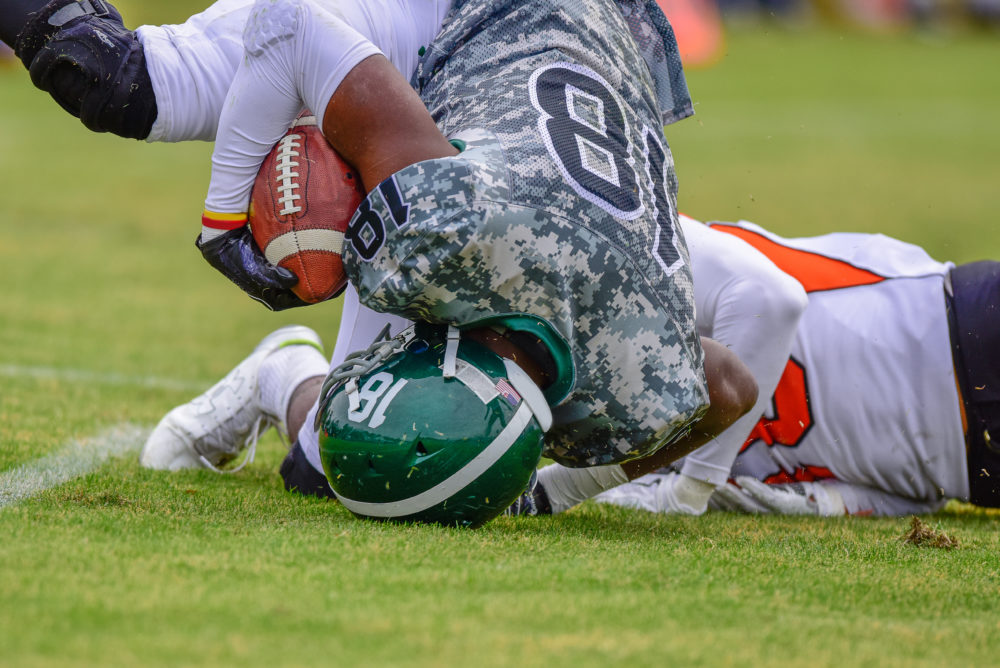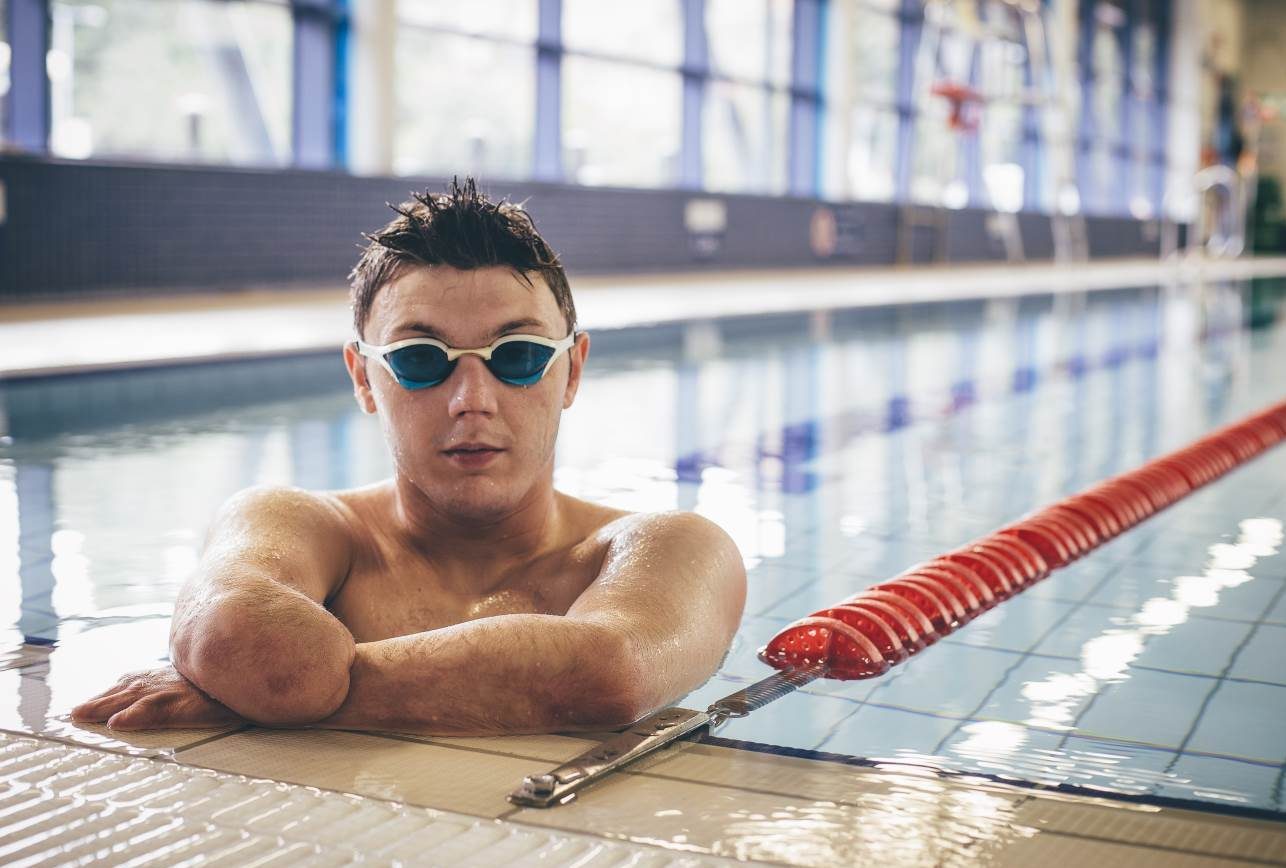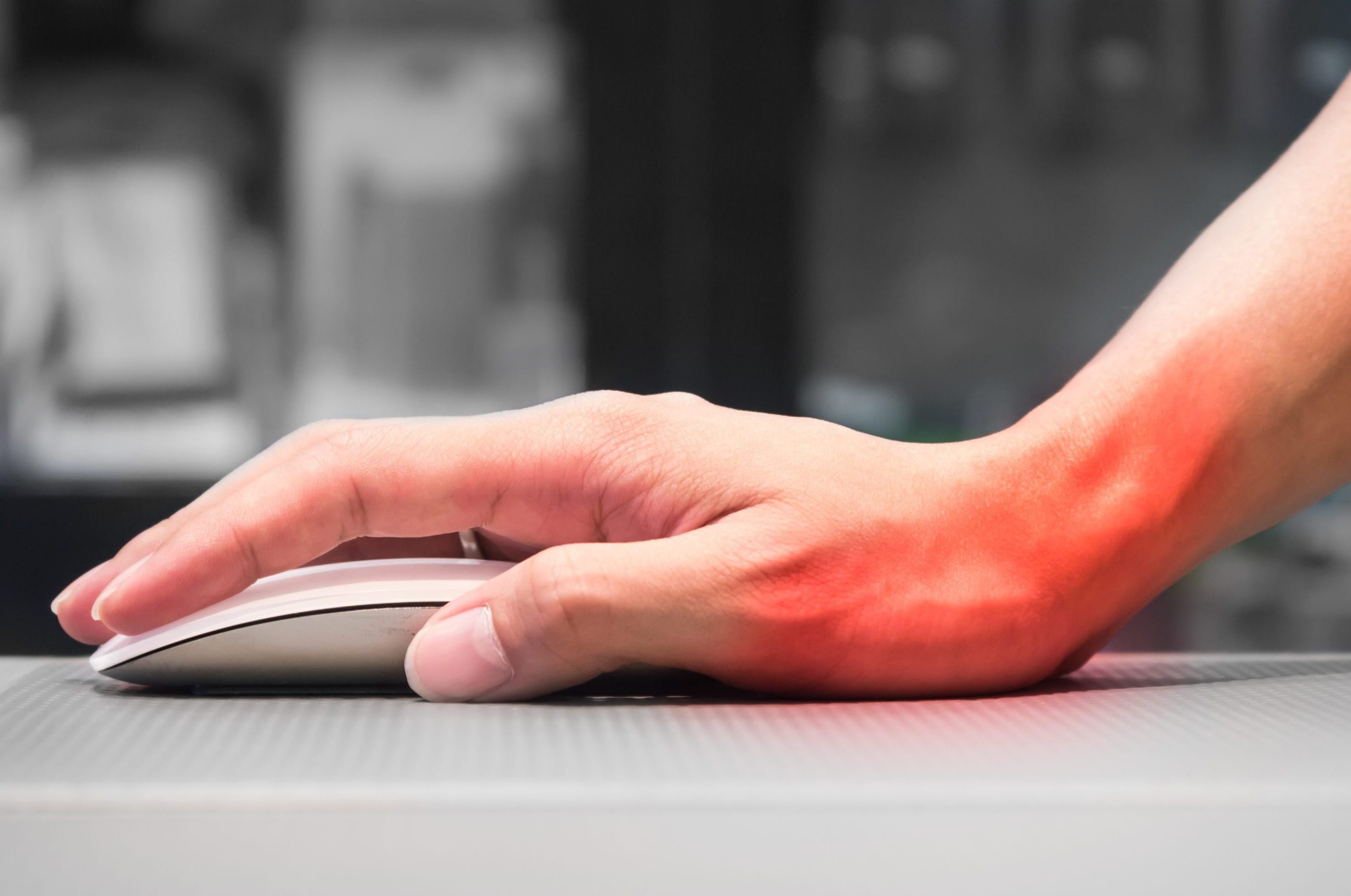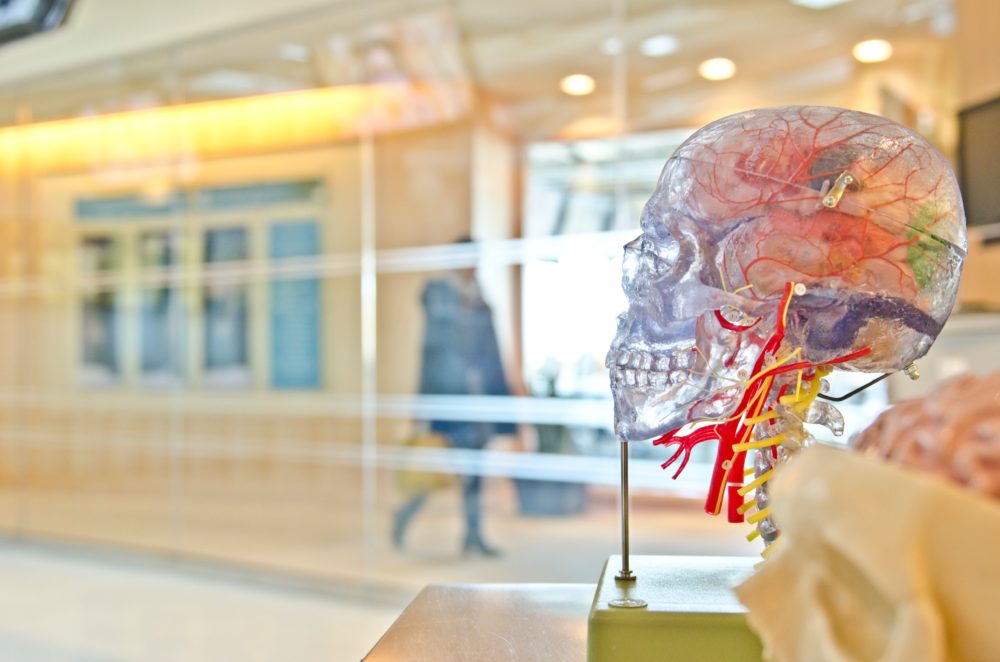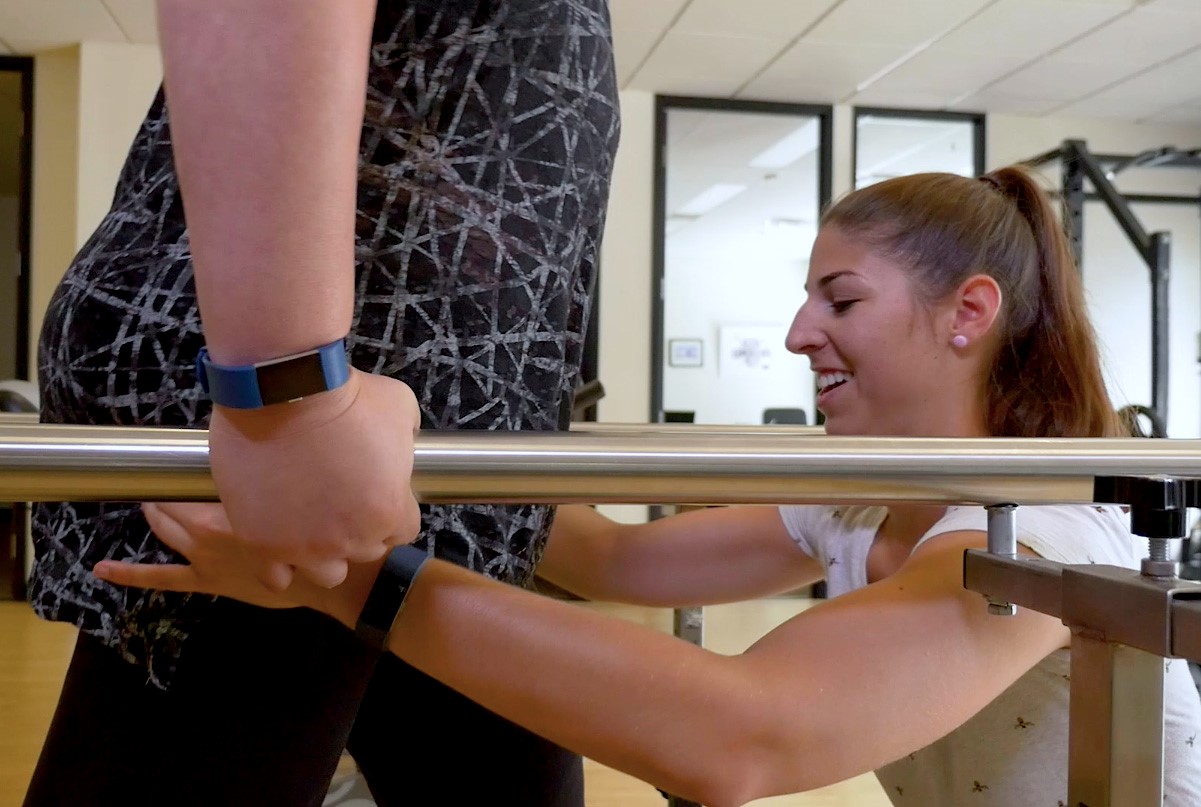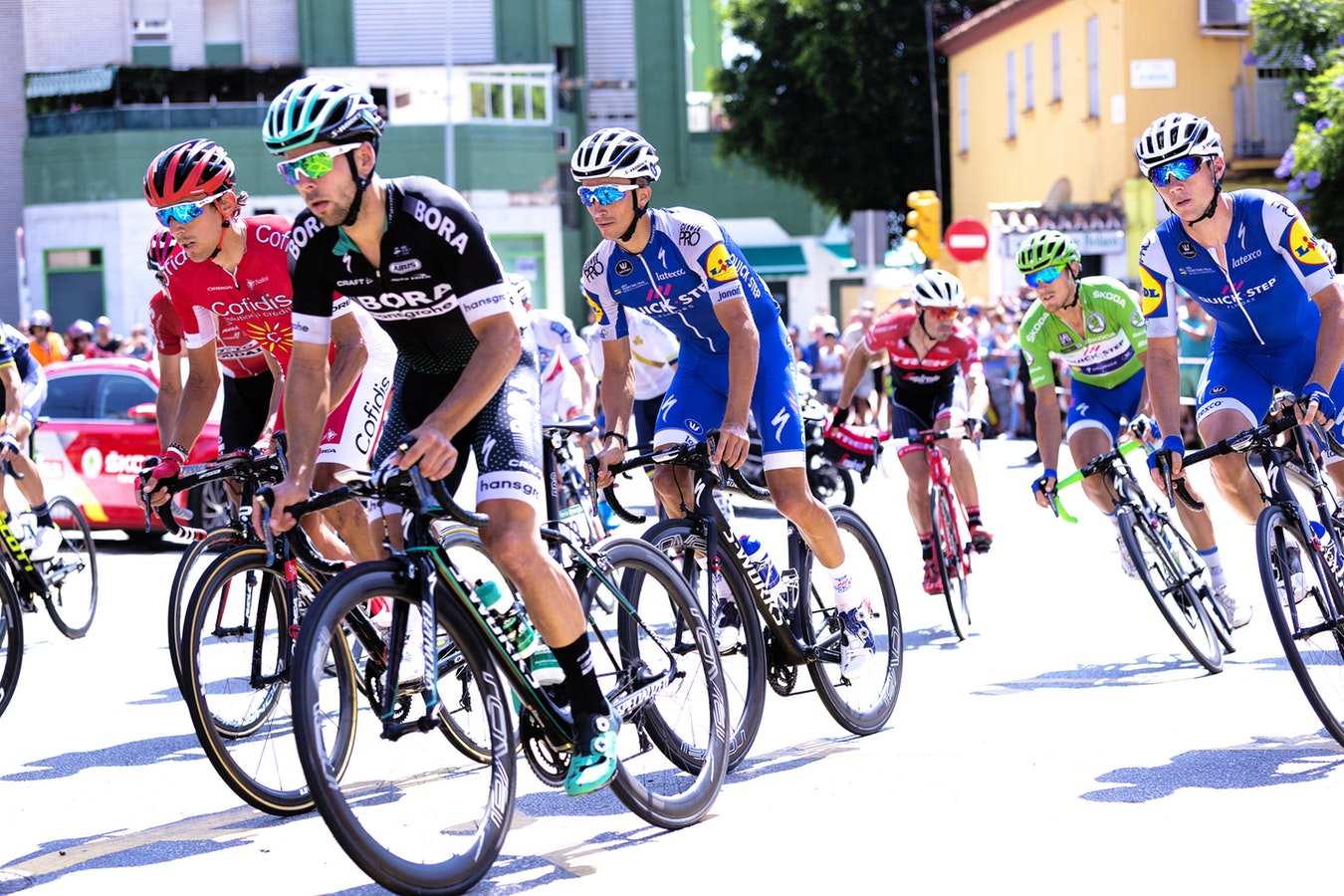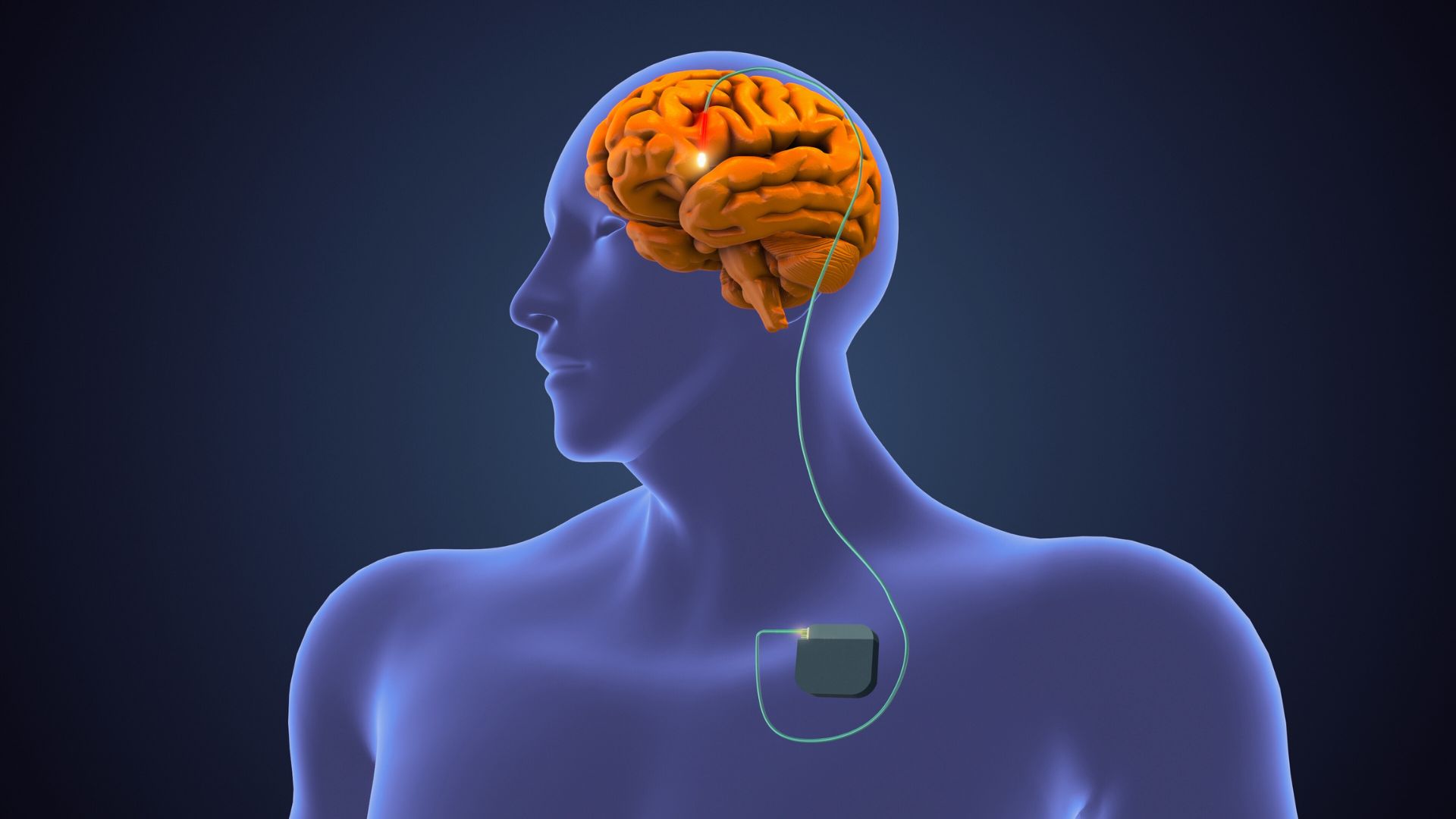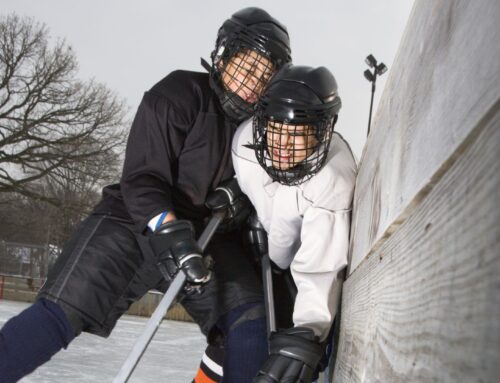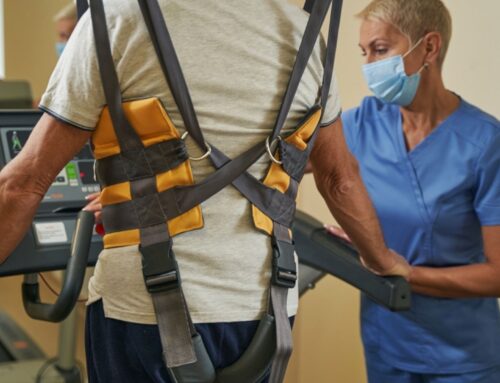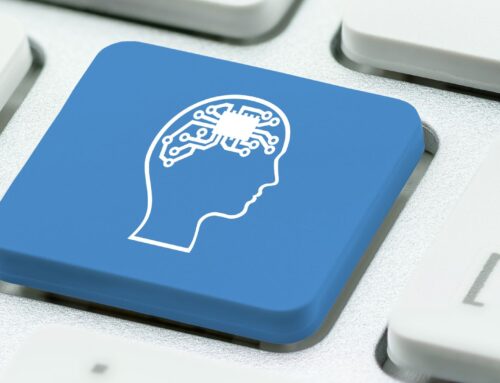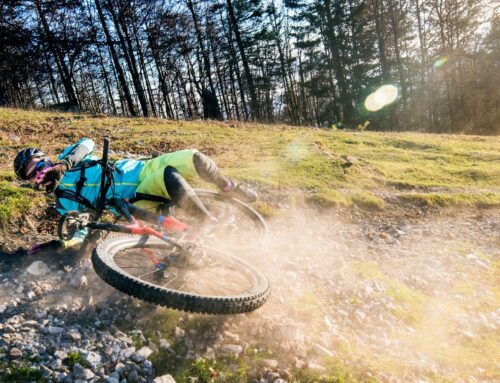Apraxia is a motor disorder characterized by the inability to perform learned purposeful movement (such as brushing teeth or combing hair) despite intact areas of motor and sensory systems. The person affected has both the desire and physical ability to carry out the movement but due to certain disruptions in brain function, is unable to execute these movements.
Apraxia is caused by damage to the brain—typically due to stroke, brain injury or dementia. It can bring frustration and disability to those affected this condition. There is little data available on the incidence of apraxia. Since apraxia may accompany dementia or stroke, it is more frequently diagnosed among older persons.[i]
There are many types of apraxia, including verbal, ideational, ideomotor and constructional apraxia. Each type affects the body in slightly different ways. In this article, we take a closer look at ideomotor apraxia. After defining this type of the disorder, we examine the causes, symptoms and discuss ideomotor apraxia treatment.
What is Ideomotor Apraxia?
In this type of apraxia, the person affected is unable to produce a movement on command but is able to move automatically. This typically affects the timing, sequencing, amplitude of movement and limb position in space.[ii]
An example of this may be that a person may not be able to walk if the cue was “walk across the room”, however if a cup of water was placed on a table on the other side of the room the cue “please have some water” might result in automatic walking.
What Causes Apraxia?
Apraxia occurs when there is a disruption in the brain pathways that are responsible for the memory of learned patterns of movement. People with apraxia are unable to retrieve these memories of this learned movement.
Stroke, brain tumors and dementia are all common causes of apraxia. In the brain the posterior parietal cortex, premotor cortex and corpus callosum are the two structures implicated in ideomotor apraxia.
Symptoms of Apraxia
The most obvious symptom of apraxia is the inability to carry out a movement, despite normal muscle strength and sensation. This often leads to frustration and depression due to the inability to perform simple tasks. Symptoms are often first noticed when attempting to do daily activities such as shaving, brushing teeth or doing up buttons.
Complications from Apraxia
Ideomotor apraxia can result in complications that are often overlooked. Possible complications include:
- Physical injuries
- Social isolation
- Lowered self-esteem
- Depression, apathy, decreased food intake
- Frustration[iii]
Ideomotor Apraxia Treatment
While the literature remains inconclusive regarding the various treatments of apraxia, physiotherapy intervention can have positive effects on ideomotor apraxia. Ideomotor apraxia treatment can include:
- Providing education to the individual and family regarding the mechanisms of apraxia is vital to minimize their frustration and depression
- Breaking down functional tasks into steps
- Using various tactile cues such as deep pressure and light touch to provide limb feedback (sensory stimulation)
- Using body weight through the limbs to facilitate internal feedback (proprioceptive stimulation)
- Verbal and physical cuing
- Normal movement techniques[iv]
At Propel Physiotherapy our experienced therapists have the knowledge and skill to treat various neurological injuries and disorders. Ideomotor apraxia treatment requires a trained therapist experienced in the physical and verbal techniques necessary for this condition. With education and therapeutic intervention clients with apraxia can improve their function and independence.
Written by

